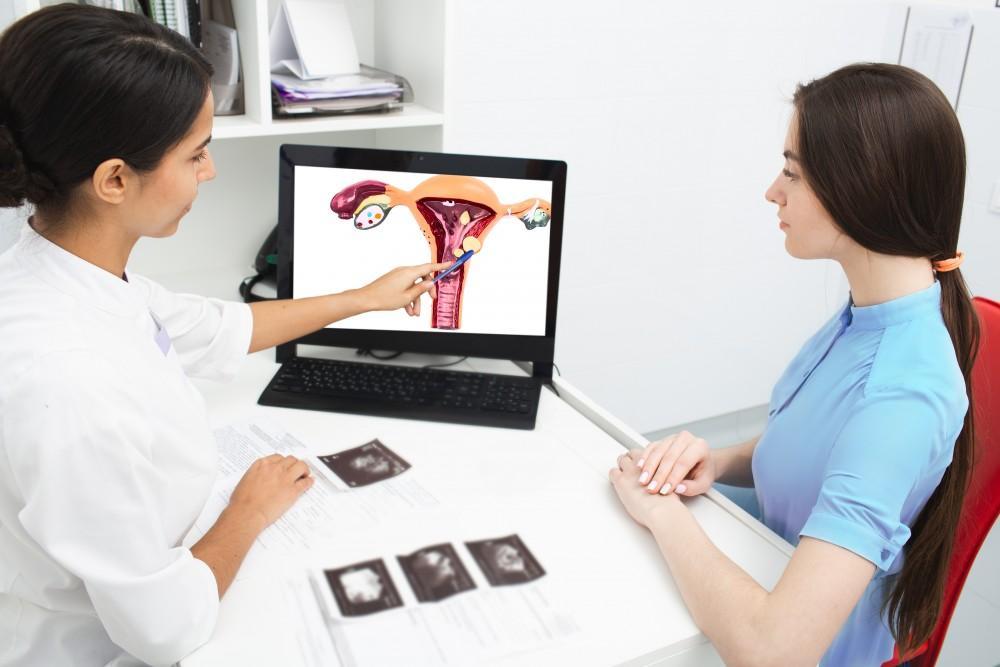
What to Expect From Your First 3D Mammogram
A mammogram is an X-ray of your breasts. It’s the best way to identify early...
Read MoreNearly 47 million American women use birth control to prevent pregnancy. Birth control gives you the power to decide if and when you want to have a baby, and the “right” method is different for every woman.
Different contraceptives offer different benefits, and there’s a lot to consider when finding the best method for you. At The Women's Center, our team of gynecologists is here to help.
We offer birth control consultation to help you weigh your options, and here are a few of the biggest things to consider:
Do you want the birth control method that’s the best at preventing pregnancy? Or are you comfortable with a higher chance of getting pregnant? While abstinence and sterilization are the only ways to guarantee you won’t get pregnant, some contraceptives are more reliable than others.
Intrauterine devices (IUDs) and implants are about 99% effective, making them two of the most effective contraceptives available. Depo-Provera injections are about 96% effective, and birth control pills are around 93% reliable.
Barrier methods are generally less effective than hormonal birth control. Condoms and diaphragms are both around 87% effective, and the efficacy of sponges varies from 78-86%.
If you don’t want to get pregnant in the future, tubal ligation and hysterectomy are surgical sterilization procedures. These options are nearly 100% effective, but they’re permanent and can’t be reversed.
Are you comfortable taking a pill every day at the same time? Or do you want a birth control method that doesn’t require daily action? Different options require different amounts of effort on your part, and the best choice for you depends on your habits and personal preferences.
IUDs and implants last for years, without any maintenance. Depo-Provera requires one injection every three months. Pills must be taken daily at around the same time each day.
Most barrier methods, including condoms and diaphragms, must be used correctly every time you have sex. Because barrier methods are only used as needed, some women prefer them if they only have sex occasionally.
Do you want a low- or non-hormonal birth control option? Most contraceptives use hormones to stop ovulation or thicken your cervical mucus to prevent pregnancy, but some women either can’t tolerate or don’t want hormonal birth control.
Copper IUDs don’t contain any hormones at all. Some other methods, like implants and injections, may be available as progestin-only (without estrogen). Barrier methods don’t use hormones either.
Do you suffer irregular periods, severe cramps, or heavy bleeding? Hormonal birth control can regulate your period, reduce painful symptoms, or even make your period disappear completely.
IUDs, implants, and injections can make periods lighter or go away, while pills can make your cycle more predictable and reduce the severity of your period symptoms.
Do you want to protect yourself against sexually transmitted disease (STD) or infection (STI)? Anyone can get an STD, but certain factors may put you at higher risk.
Condoms are the only birth control method that also helps prevent STDs. For this reason, many women choose to use condoms along with other birth control methods to better protect their health.
When it comes to contraception and sexual health, you have a lot of options — and our expert gynecologists can help you find the right birth control for you. Book an appointment online or call one of our Orlando, Florida, area offices to get started today.




A mammogram is an X-ray of your breasts. It’s the best way to identify early...
Read More
About 1 in 10 women has ovarian cysts. These small growths form on your ovaries,...
Read More
If you and your partner have decided you’re ready to start growing your family, you’re...
Read More